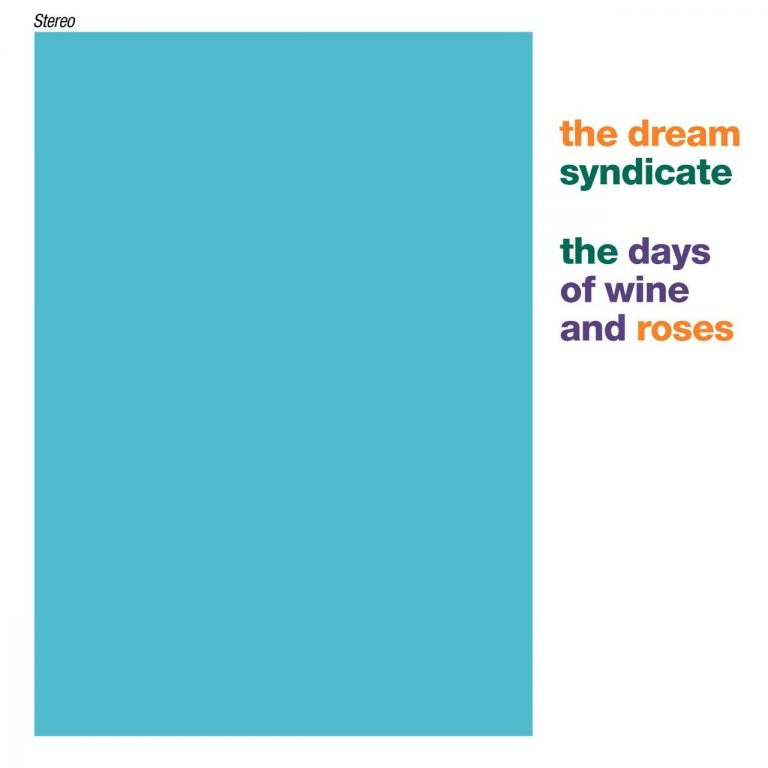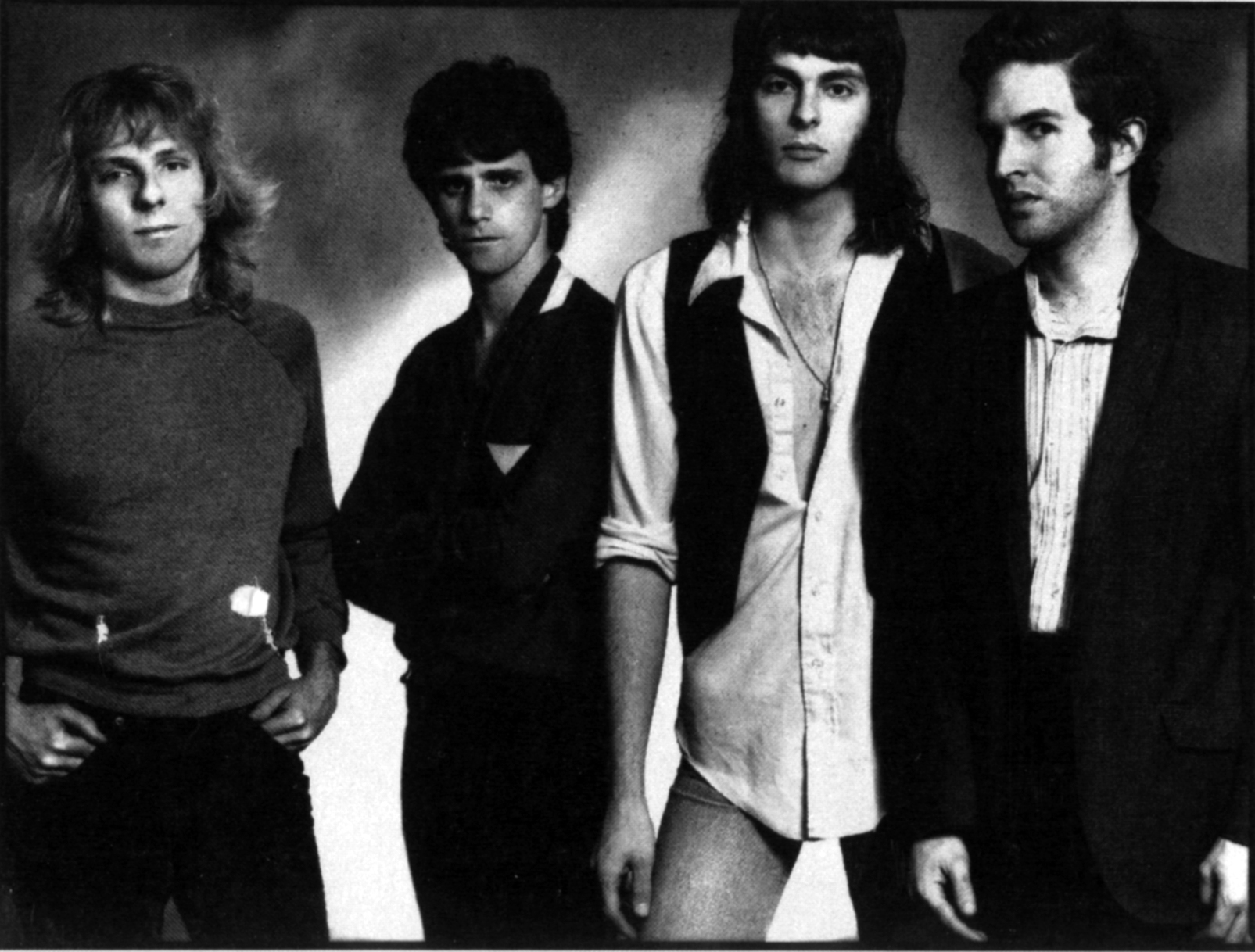The Dream Syndicate
The Days of Wine and Roses—1982
The Byrds just never get enough credit for their obvious influence in music. Roger Mcguinn’s jangly Rickenbacker guitar rings through decades into the history of rock. Their bloodline extends to different genres of music that came to be after their initial jangle—power-pop, alt-country and 80s British indie.
Bands that stole and borrowed from the band include Big Star, Tom Petty, R.E.M., The Jayhawks, Teenage Fanclub and Beachwood Sparks to name a few. Entire scenes sprouted with reminiscent looks and sounds of the 60s ultra cool—the Dunedin Sound out of New Zealand in the early 80s and the Paisley Underground with bands mostly from Los Angeles—both scenes borrowing from the same 60s bands such as Love, Velvet Underground and the of course, the Byrds. These scenes knew what was the good stuff.
Neo psychedelic noise makers Dream Syndicate—from Los Angeles, Ca—were part of the Paisley Underground along with fellow bands with similar strains—Rain Parade, The Three O’clock and the scene’s most commercially successful alumns, the Bangles.
Days of Wine and Roses is truly one of those types of albums where all songs tie in together seamlessly remarkably consistent throughout—jangly and pretty when gentle, noisy and moody when aggressive, with plenty of feedback of the Velvet Underground sprinkled throughout.
The most recognizable song is the lead track of the album “Tell Me When it’s Over” which was also released as a 12’’ single. At first, Dream Syndicate could be mistaken for a British band on Creation records. Understandably, bands in Los Angeles as well as certain places in the UK were picking up on the same sounds of the 60s. New-wave and punk were the prominent sounds of the time, but many bands didn’t care much for the bigger trends and decided to try different avenues of sound.
The song “That’s What You Always Say” could have been off of Echo and the Bunnymen’s album Crocodiles with its dark post-punk minor chord moodiness. There’s no tricky chords here, just straightforward strumming with that signature feedback menacing throughout the song. This fits somewhere in-between Teardrop Explodes or the Mighty Lemondrops.
The albums magnum opus is the 7 minute “Days of Wine and Roses”—the steady beat of the drum and consistency of the bass allows the guitars to wild out with feedback and howl in the experimental freak-out that happens in the middle of the song. The vocals of Steve Wynn are similar to those of Ian McCulloch, who both were from the same school of cool as Lou Reed and Jim Morrison.
Days of Wine and Roses has the perfect balance of the bright big chords, full of that Byrdsy-an jingle jangle, and the noisy experimentation of the Velvet Underground. Some songs are short burst of pop perfection, while others are longer jammers. This underground classic is part of a chain of sound that pays homage respectfully, and has become just as influential.




